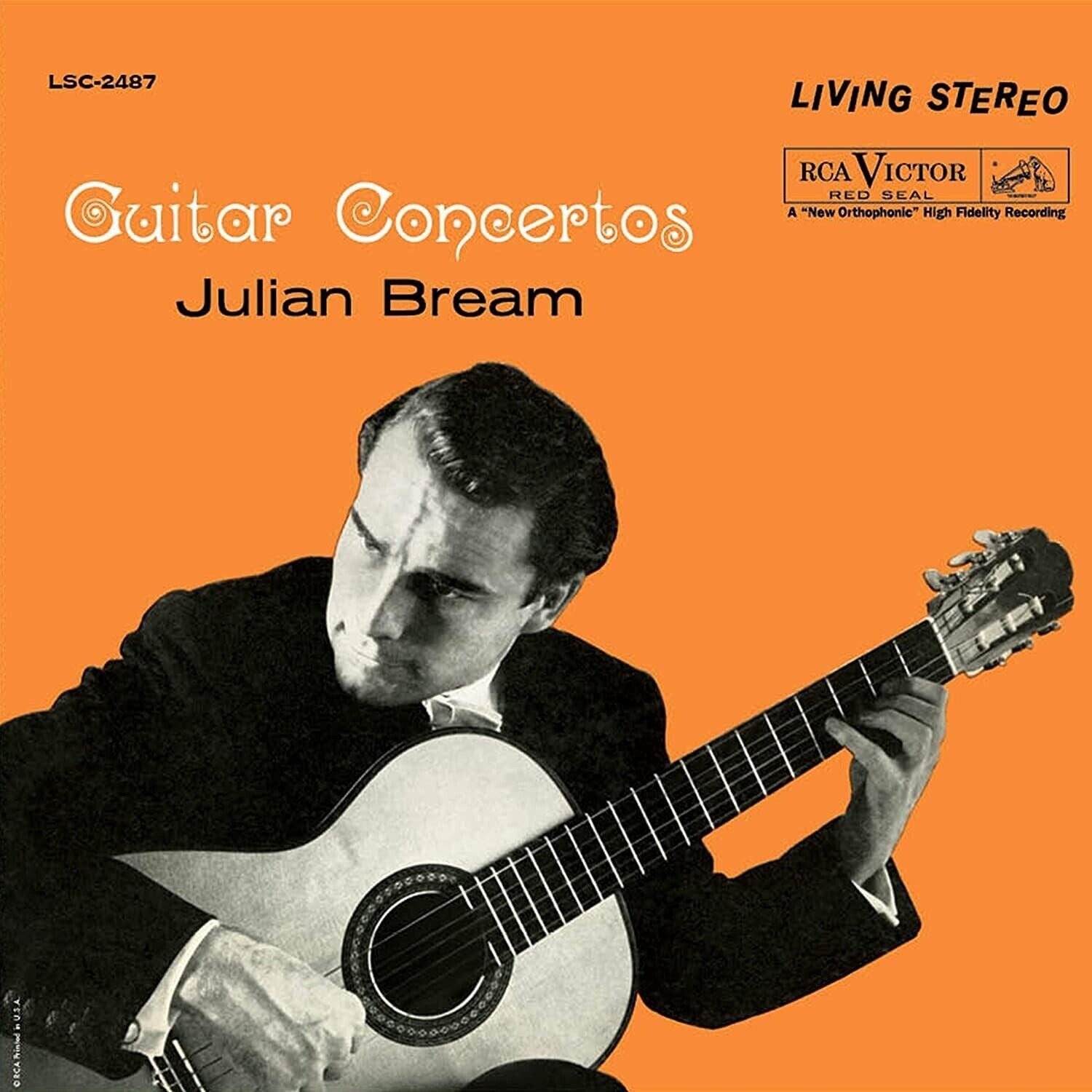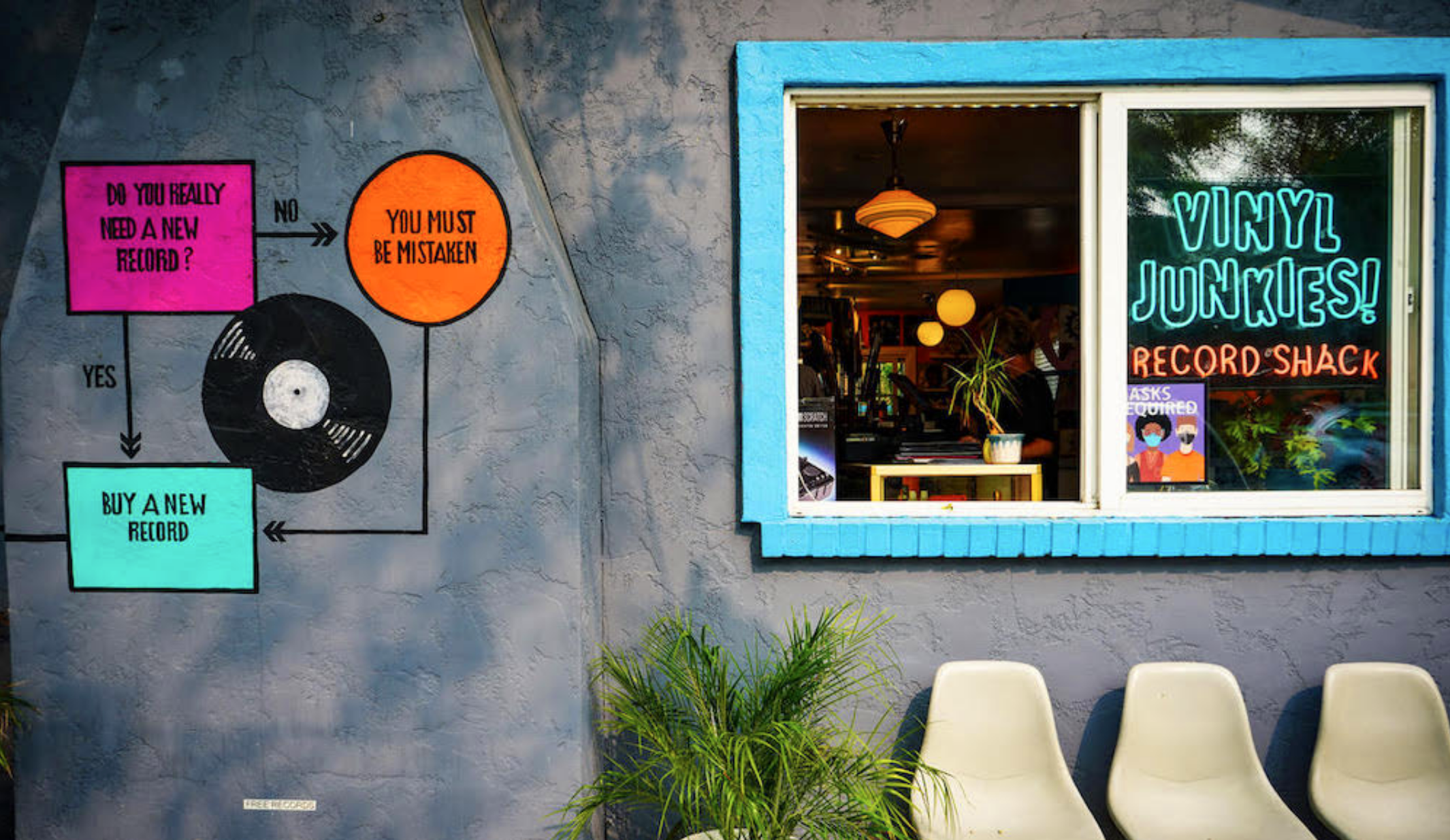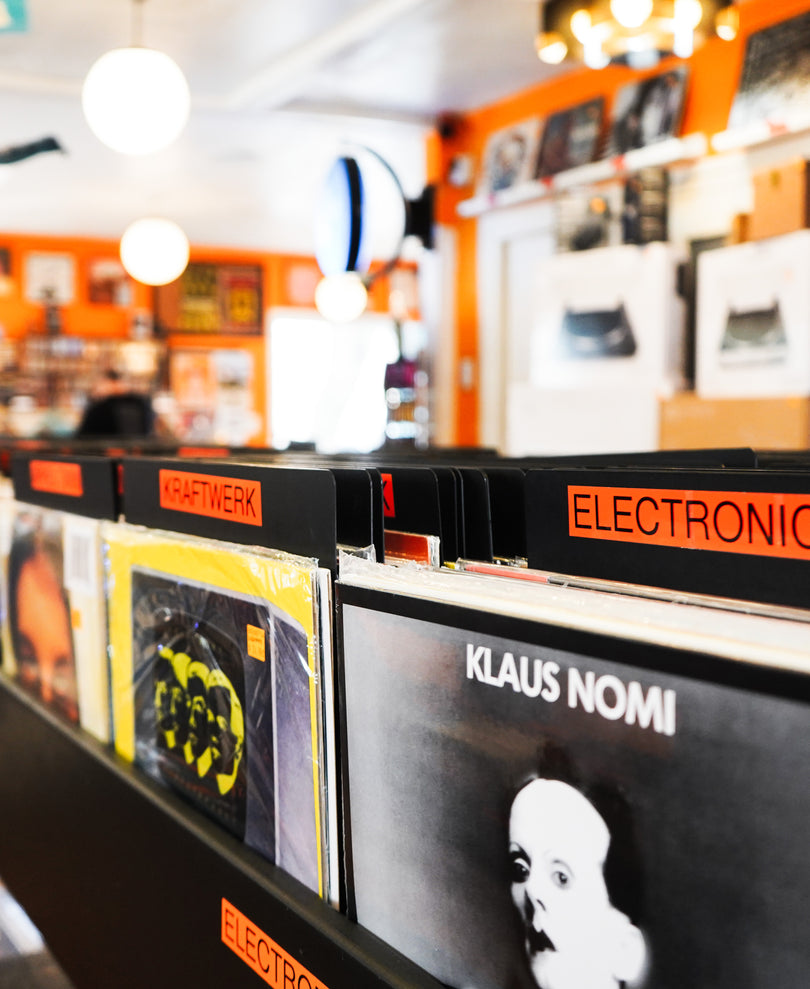
Julian Bream - Guitar Concertos LP (180g, Analogue Productions)
Julian Bream - Guitar Concertos LP (180g, Analogue Productions)
New Inventory 2235 Fern Street
2235 Fern Street
San Diego CA 92104
United States
RCA Living Stereo classical LPs - the gold standard for top quality orchestral performance and sound!
Remastered from the original master tape and cut at 33 1/3 RPM by Ryan Smith at Sterling Sound
Lacquers plated by Gary Salstrom and pressed on 180-gram vinyl at Quality Record Pressings!
RCA Living Stereo Reissue Series No. 2 - 25 newly-remastered classical mainstays!
Analogue Productions' RCA Living Stereo Reissue Series No. 2, with 25 newly remastered mainstay classical albums, will delight and astound your ears with their clarity and warm, rich tone. As with our first highly-regarded LSC series, shortcomings of previous editions have been improved upon - from the mastering, to the LP pressing, to the sharp-looking glossy heavyweight Stoughton Printing tip-on jackets that faithfully duplicate the original artwork, "Living Stereo" logo, "Shaded Dog" label and all!
Mastered by Ryan K. Smith at Sterling Sound from the original 2-track master tapes, cut at 33 1/3, and plated and pressed at Quality Record Pressings - makers of the world's finest-sounding vinyl LPs, - no other editions match these for the quietest 180-gram platters available.
Julian Bream was born in London in 1933. He made his first recital appearance in 1947 and a year later made his London debut. He became prominent in Britain's musical life through his recitals, tours for the Arts Council, and television and radio appearances. Mauro Giuliani was one of several composers who succeeded in establishing the guitar concerto as an accepted musical convention. This is the first genuinely "virtuoso" concerto written for the instrument. Malcolm Arnold is a composer of pathos and deep instensity. His concertos, written mainly for virtuoso friends, includes the Guitar Concerto, written for Bream and recorded here with Arnold conducting.
Fully aware that Spain is the "spiritual" home of the guitar, Arnold has deliberately decided here to give the instrument a more universal character. He has circumvented the Spanish overtones of the instrument by subtle use of modal melodic material.


